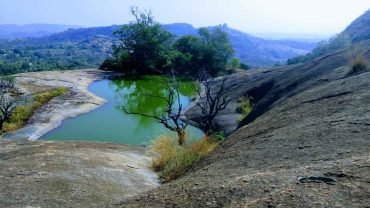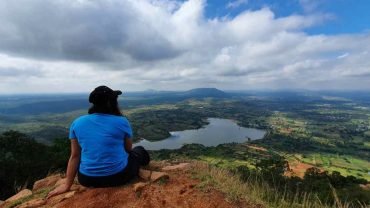Trekking is a thrilling and adventurous activity that allows you to connect with nature and challenge yourself physically and mentally. Whether you are a seasoned trekker or a beginner, it is essential to prioritize your health and safety while exploring the great outdoors. In this blog post, we will share some essential trekking health tips to help you stay strong and enjoy your trekking experience to the fullest.
1. Prepare your body with regular exercise: Trekking can be physically demanding, so it’s important to prepare your body for the challenge. Engage in regular exercise such as hiking, running, or cycling to strengthen your muscles, improve your endurance, and enhance your cardiovascular fitness. Gradually increase the intensity and duration of your workouts to gradually build up your stamina.
2. Pack a well-balanced and nutritious diet: When embarking on a trek, it’s crucial to fuel your body with the right nutrition. Pack lightweight and high-energy food items such as trail mix, energy bars, dehydrated fruits, and nuts. Include a good mix of carbohydrates, proteins, and healthy fats in your diet to keep your energy levels up throughout the trek. Stay hydrated by drinking plenty of water and electrolyte-rich fluids.
3. Take care of your feet: Your feet are your most valuable asset while trekking, so it’s important to take care of them. Invest in a good pair of trekking shoes that provide proper ankle support and traction. Break them in before your trek to avoid blisters and discomfort. Wear moisture-wicking socks to keep your feet dry and prevent fungal infections. Take regular breaks to air out your feet and treat any hotspots or blisters immediately.
4. Protect yourself from the sun: When you’re out in the wilderness, the sun can be harsh and unforgiving. Protect your skin from harmful UV rays by wearing a wide-brimmed hat, sunglasses, and sunscreen with a high SPF. Apply sunscreen generously and frequently, especially on exposed areas such as your face, neck, and hands. Don’t forget to protect your lips with a lip balm that has SPF.
5. Stay hydrated and avoid altitude sickness: Proper hydration is crucial during a trek to keep your body functioning optimally. Drink plenty of water throughout the day, even if you don’t feel thirsty. If you’re trekking at high altitudes, be mindful of altitude sickness. Ascend gradually, give your body time to acclimatize, and listen to your body’s signals. If you experience symptoms like headache, dizziness, nausea, or shortness of breath, descend to a lower altitude immediately and seek medical attention if necessary.
6. Carry a basic first aid kit: Accidents can happen, even on well-planned treks. Carry a basic first aid kit that includes essentials like bandages, antiseptic creams, pain relievers, and any personal medications you may need. Familiarize yourself with basic first aid procedures and know how to use the items in your kit. It’s always better to be prepared for any unforeseen circumstances.
Read More: Trekking Adventures Overcoming Challenges & Thrills | Weekend Treks from Bangalore
Remember, trekking is not a race but a journey that allows you to connect with nature and challenge yourself. Prioritize your health, safety, and well-being to make the most of your trekking experience. By following these essential trekking health tips, you can stay strong on the trail and create unforgettable memories that will last a lifetime.




Comment (0)